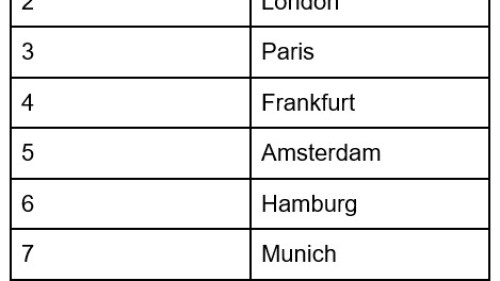This article is republished with permission from REITCafe.
In a volatile year, the FTSE/NAREIT All REIT Index posted a modest total return of 9.3 percent in 2016, while the S&P 500 saw a total return of 12 percent. Real estate investment trusts (REITs) enjoyed a pleasant opening to the year, followed by a skittish second half as interest rate concerns applied downward pressure. Since 1992, the average total return for REITs has been 12.7 percent. And although 2016 produced moderate returns, it was a historic year for REITs as they broke off from Global Industry
Classification Standard (GICS) and Standard & Poor’s classification standards to become a stand-alone sector. Although REITs do not typically have high interest rate correlation, the historically low rates drove investors into bond-alternative sectors, which resulted in the second-highest REIT/rate correlation in a decade (second only to 2013).
[infogram id="aa8e41e1-fdc8-4861-a81a-8bea31a4bf82" prefix="Wdi” format="interactive” title="REIT Cafe UL 010917"]
Corporate Office Properties Trust boasted the highest return in 2016 with 42.5 percent. Runner-up was CoreSite Realty Corp., posting a return of 39.5 percent; DuPont Fabros Technology ended the year up 36.1 percent, good enough for third place. On the other side of the coin, Life Storage was the worst performer of the year, with a return of –22.8 percent, followed closely by Equity Residential at –22.2 percent, and HCP, at –15.8 percent.
Looking toward 2017, many investors remain optimistic despite 2016’s second-half slide. Tim Naughton, 2017 chair of the National Association of Real Estate Investment Trusts (NAREIT) and chairman and chief executive officer of AvalonBay Communities, described the REIT industry as very healthy, adding that it is “now touching virtually every part of the economy.”
Calvin Schnure, senior vice president of research and economic analysis at NAREIT, draws comparisons to 2004, when the Federal Reserve moved forward with multiple rate hikes. He notes that while REITs initially took a hit, they outperformed the S&P 500 over the subsequent three years. Acknowledging the uncertainty in how president-elect Donald Trump’s policies will unfold, he remains confident in the strong fundamentals in the sector: “The commercial real estate expansion cycle should continue for some time, there are no signs of overbuilding, and the U.S. economy doesn’t look vulnerable. All the ingredients are in place for a good year ahead.”
* TREPP-i Survey Loan Spreads levels are based on a survey of balance sheet lenders. For more information, visit Trepp.com.
** – 10 yr. Treasury Yield as of 1/6/2017.

